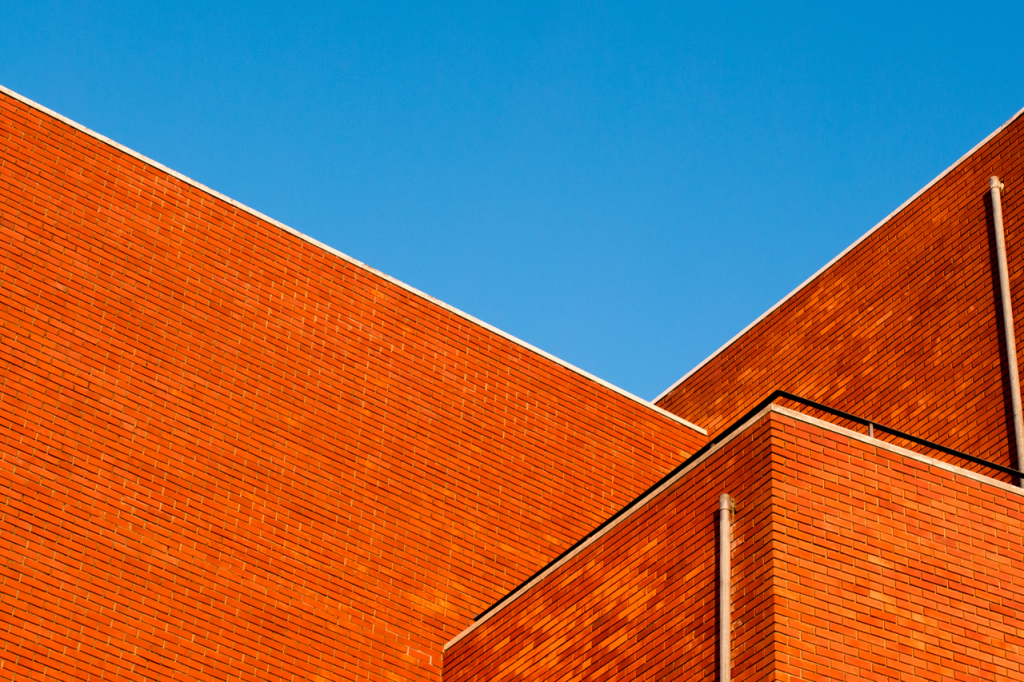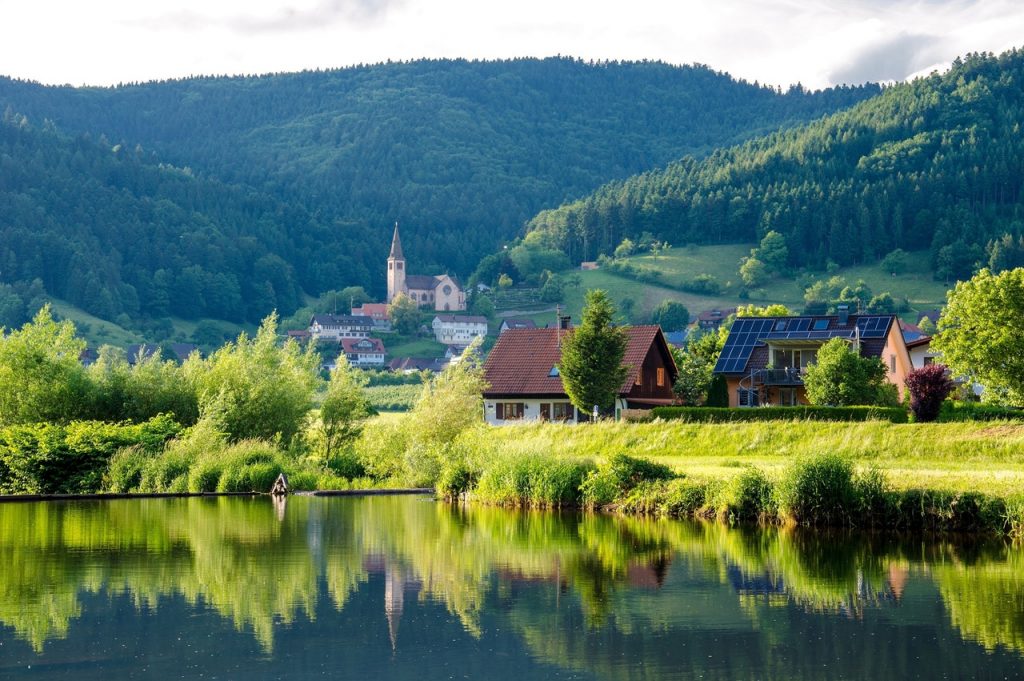Apart from the expensive cost of setting up brick-home exteriors, homeowners stand to make more profit after selling this type of house. The use of brick for homes is as early as man’s existence. However, cement might not have been used, but arrangements of stone walls sufficed. Let’s discuss the advantages that come with the ownership of a bricked-exterior home.
Bricks Will Increase Your Home’s Value
The use of concrete and mortar in brick-making has more advantages that regular materials. Stonewall exteriors might be expensive to install than other materials. However, they have low maintenance and hardly depreciate over time. It pays to use the right materials that will enhance the quality brickwork. The use of well-built bricks will increase the home’s value when it’s time to sell.
Extra tip! If you are looking to really amp up the value of your property, renewable energy sources are a great option to consider. It’s great for the environment and is becoming increasingly popular among home buyers.
Versatility
Here are some brick-setting styles that masons use to alter the appearance of brick homes; banding, corbelling, and vertical stretcher courses. The bricked-exterior home can also be enhanced with a range of colours and architectural styles. The versatility of brick-home allows for the application of special effects during construction. Structural designers and builders can easily alter the architectural styles of stone exteriors. If you travel to South American cities, you’ll find cottages, country homes, and castles that have European architecture. It will be very difficult to remodel wooden structures like homes with granite-block stone exteriors.
Temperature Regulation
The use of bricks insulates and regulates temperature. Usually, bricked-exterior homes provide extra layers of protection against harsh temperatures. The process of temperature regulation occurs when the interior walls transfer heat to the exterior walls after absorbing it. Unlike other lightweight materials, during summer months, brick-home exteriors delay the transfer of heat into your home. Also, this difference in temperature causes stabilization and even redistribution of heat. Bricked-exterior homes have impressive thermal mass; they can conserve internal heat during winter months.
A Good Choice for Noise Reduction
Brick exteriors help homeowners to reduce the transmission of noise in and out of their homes. By blocking out noise, the environment becomes safer to live. More so, a noisy neighbour is worse than a nosy type. So, with the installation of exterior brick walls, there’ll be more peace and level of privacy. Unlike lighter materials, bricks are dense. They also make better soundproof materials. Naturally, environmental hazards like noise are generated by moving objects like aeroplanes, people, and vehicles. You can fortify your home against these nuisances and promote peaceful coexistence in the neighbourhood.

Durability
Every homeowner wants to avoid the unnecessary cost of building maintenance. By using stonewalls in building construction, the homeowner is assured of a durable structure. Usually, remodelling of the home’s interior occurs often than the exterior facade of the building. So, it’s cost-effective to use weather-resistant stone walls during construction. Homeowners will be confident that in the long run, the brick will be worth the extra building costs that were spent during construction. When they decide to sell the house, buyers will be amazed at how well the brick home has resisted wear from snow, summer heat, wind, and rain. Have a look at engineering companies in Australia if you have questions or need advice.
Fire Resistance
Naturally, brick-home have more resistance to fire than wooden structures. During the production of stone walls, each brick is formed by heating at 2,000 degrees Fahrenheit. When they are oven-baked, no intensity of heat during an outbreak of fire can destroy them. Unlike other building materials, stone brick is non-combustible and survive heat for a long period. Apart from being fire-resistant, there’s another advantage with the use of masonry walls for homes. After a fire outbreak, stone bricks can be covered with concrete plaster and painted.
Final thoughts
I hope this article has helped you guys a lot. The last thing I want to leave you with is a reminder to always dispose of your waste in a responsible way. Have a look at the rules and regulation that apply and think about the environment!



